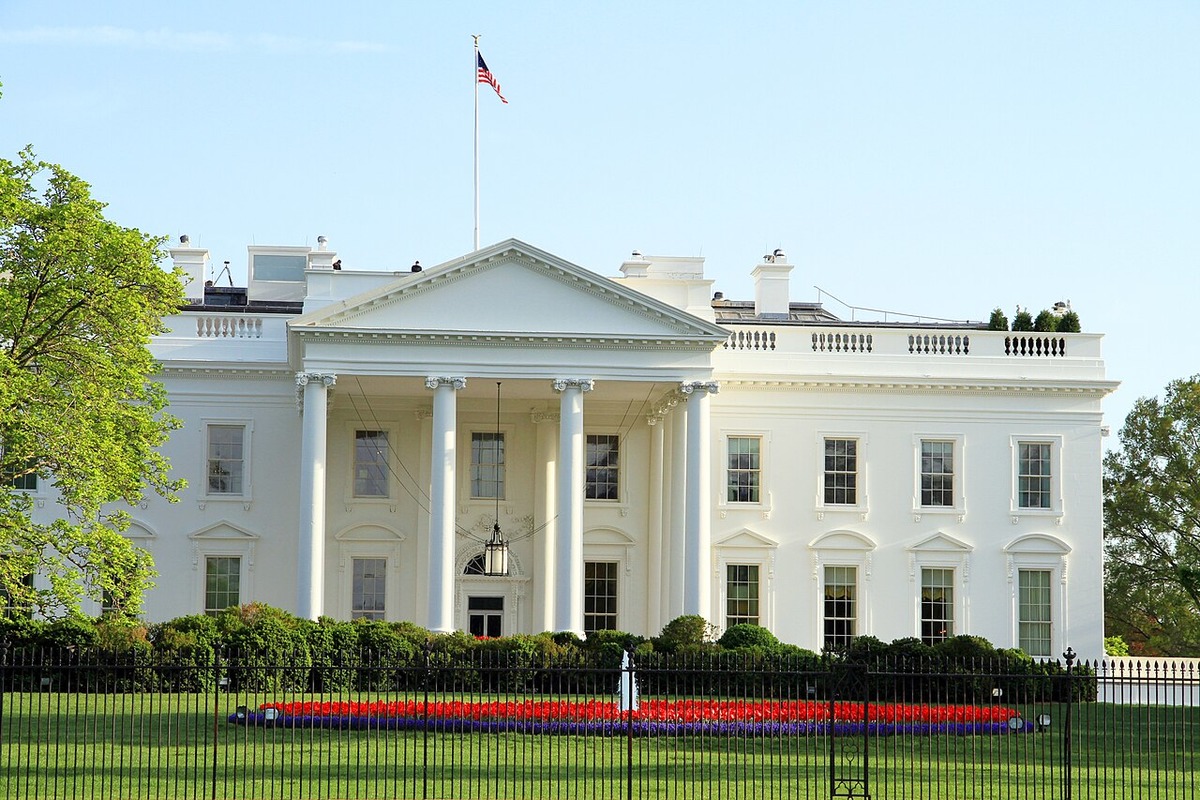Source: site

The House Committee on Oversight and Government Reform has cast its investigative glare upon the practice of debanking, seeking to untangle the threads of political influence that may be at play in financial institutions’ decisions to sever ties with certain customers. At the heart of the inquiry is a missive sent by Chairman James Comer to the Office of the Comptroller of the Currency (OCC), demanding clarity on whether banks are acting on their own accord or at the behest of a regulatory directive. Not content to rely solely upon the assurances of these institutions, the committee is digging deep, requesting documents that could shine a light on the OCC’s enforcement strategies and their impacts.
According to a statement from Comer’s office, the chairman’s focus is narrow and sharp: the potential political motivation for debanking individuals and businesses, especially those entwined with the cryptocurrency and blockchain industry. The Committee has already reached out to industry figures back in January, seeking to learn about their experiences of being debanked. Now, they continue to actively dive further into the issue, with the FDIC providing a bevy of communications that point toward regulatory influences, particularly under the previous administration, that might have deliberately dampened the spark of American innovation.
Nevertheless, whistleblowers suggest the existence of a deeper, darker narrative that involves the country’s most heavyweight financial players, those whose assets bloat between $50 billion and $3 trillion. The scale of influence these institutions could exert is gargantuan, and gaining insight into the OCC’s enforcement approach toward them is critical for the committee’s inquiry. As part of their multidimensional chess game, staffers on the Oversight Committee are poring over unredacted FDIC communications, parsing them for any sign of systemic bias or improper grappling hooks that regulators may have unsportingly thrown into the competitive landscape.
The crux of the investigation seems to hinge on the OCC’s Interpretive Letter 1179 and related edicts that were abruptly retracted as of March 7, 2025. Before their rescission, these interpretive letters somewhat served as a leash, requiring banks to obtain a green light from the OCC’s supervisors and to demonstrate that their risk controls were up to snuff before taking the crypto plunge. The Committee’s request, as clarified in Comer’s letter, aims to dissect, understand, and ultimately unveil whether the OCC’s actions had a hidden agenda, armed with procedural consistency and a fair measure of impact. “The Committee seeks information about the OCC’s enforcement of financial institutions’ interest and expansion into crypto and crypto-related businesses,” Comer notes, stressing the necessity to know the strategy and impact behind these regulatory maneuvers.
While the committee’s investigation trundles forward, its conclusions could carry weight beyond a simple slap on the wrist or regulatory modification—it has the potential to redraw the battle lines between innovation and regulation, to redefine the rules in a field where digital currencies are still wildly bucking under the yoke of traditional finance. The outcomes could very well delineate the future trajectory of an industry straining at the bit for broader acceptance amidst a tempest of political and financial uncertainty.



